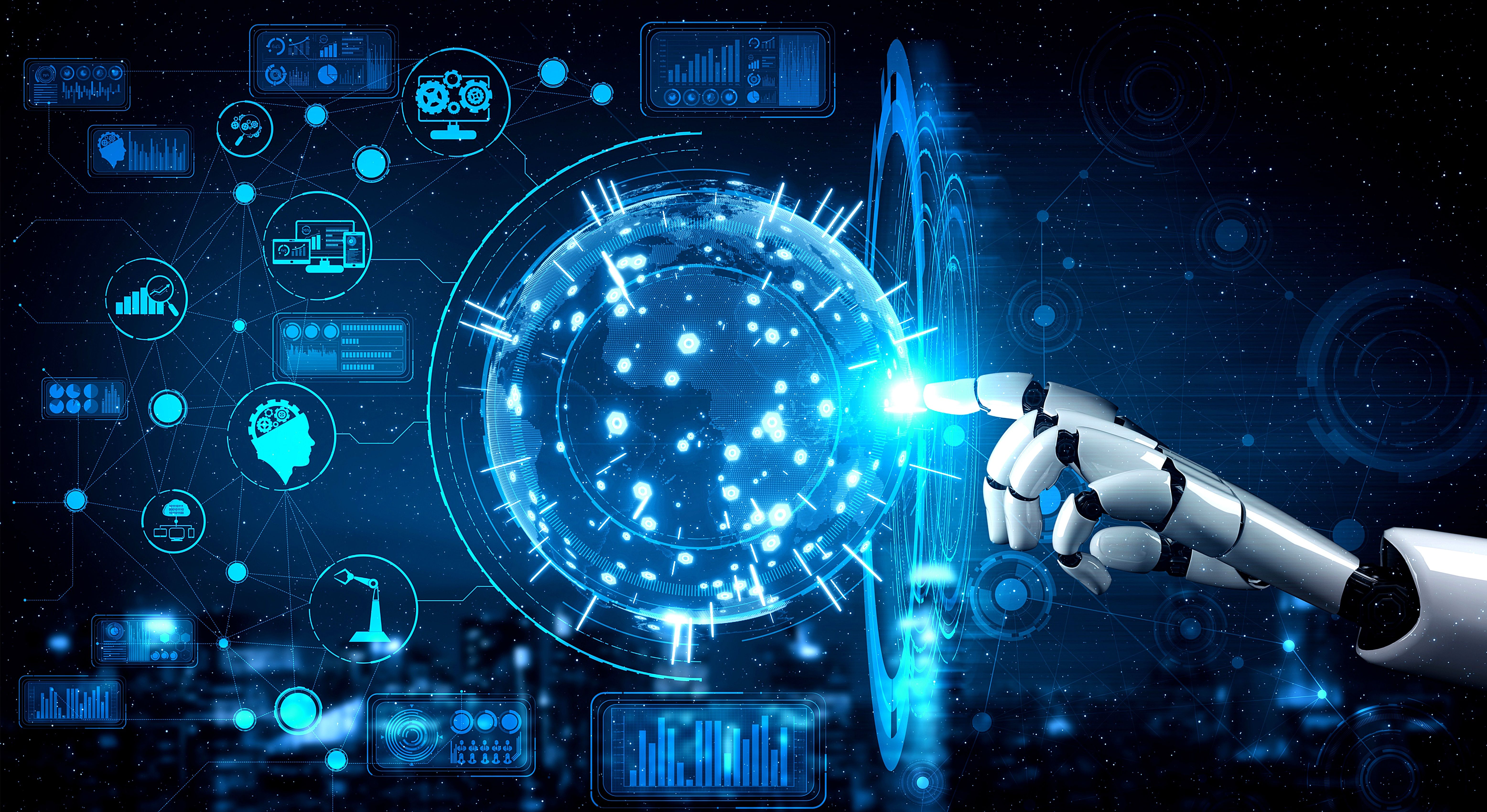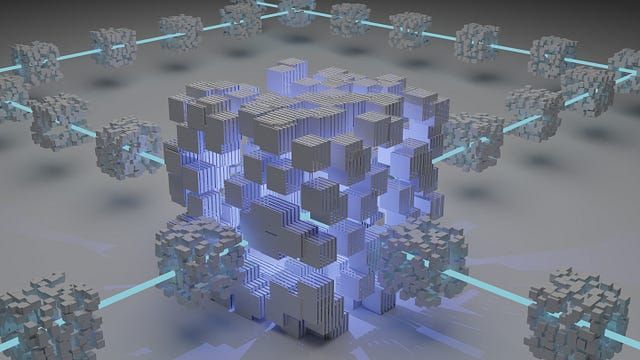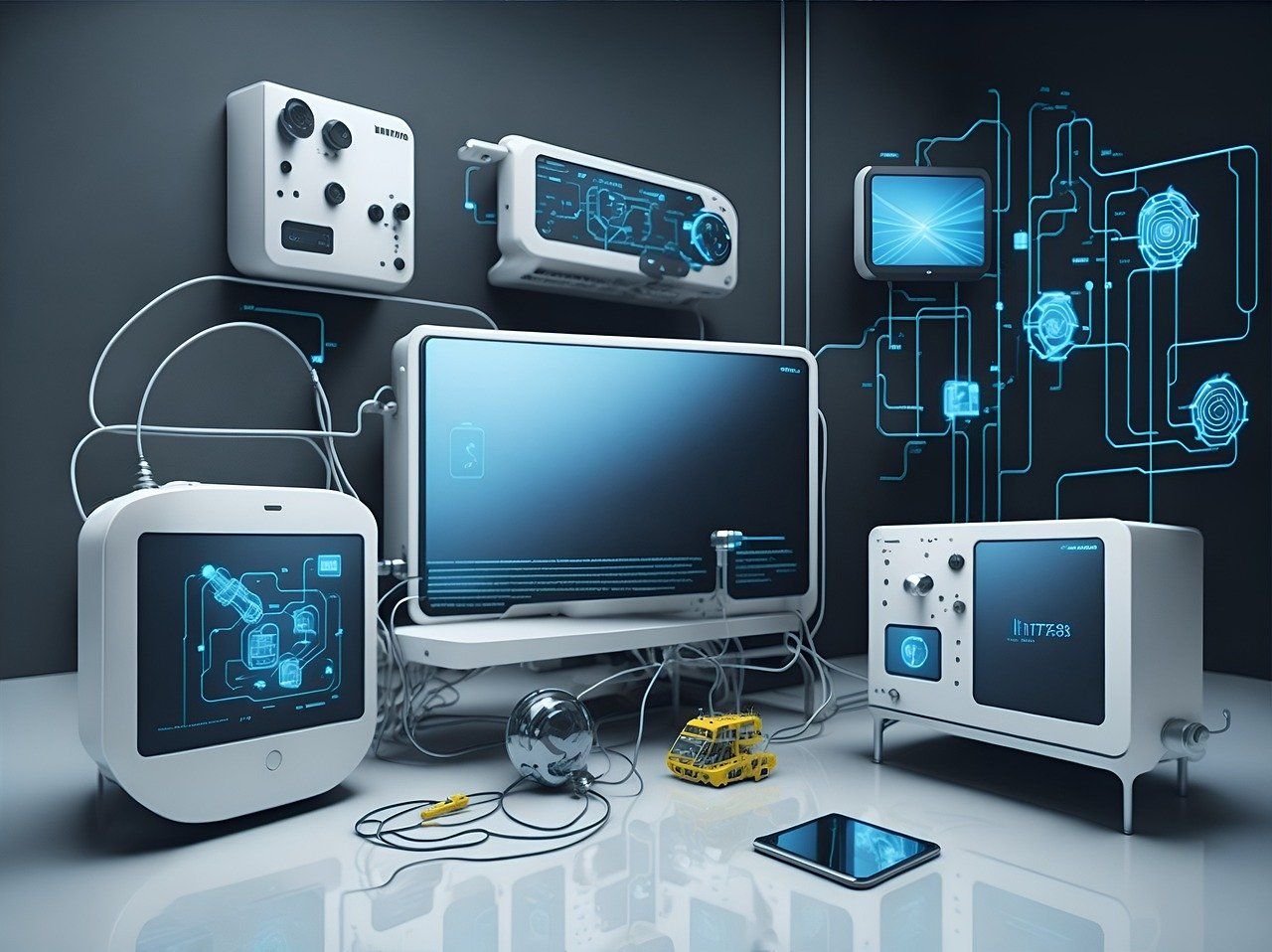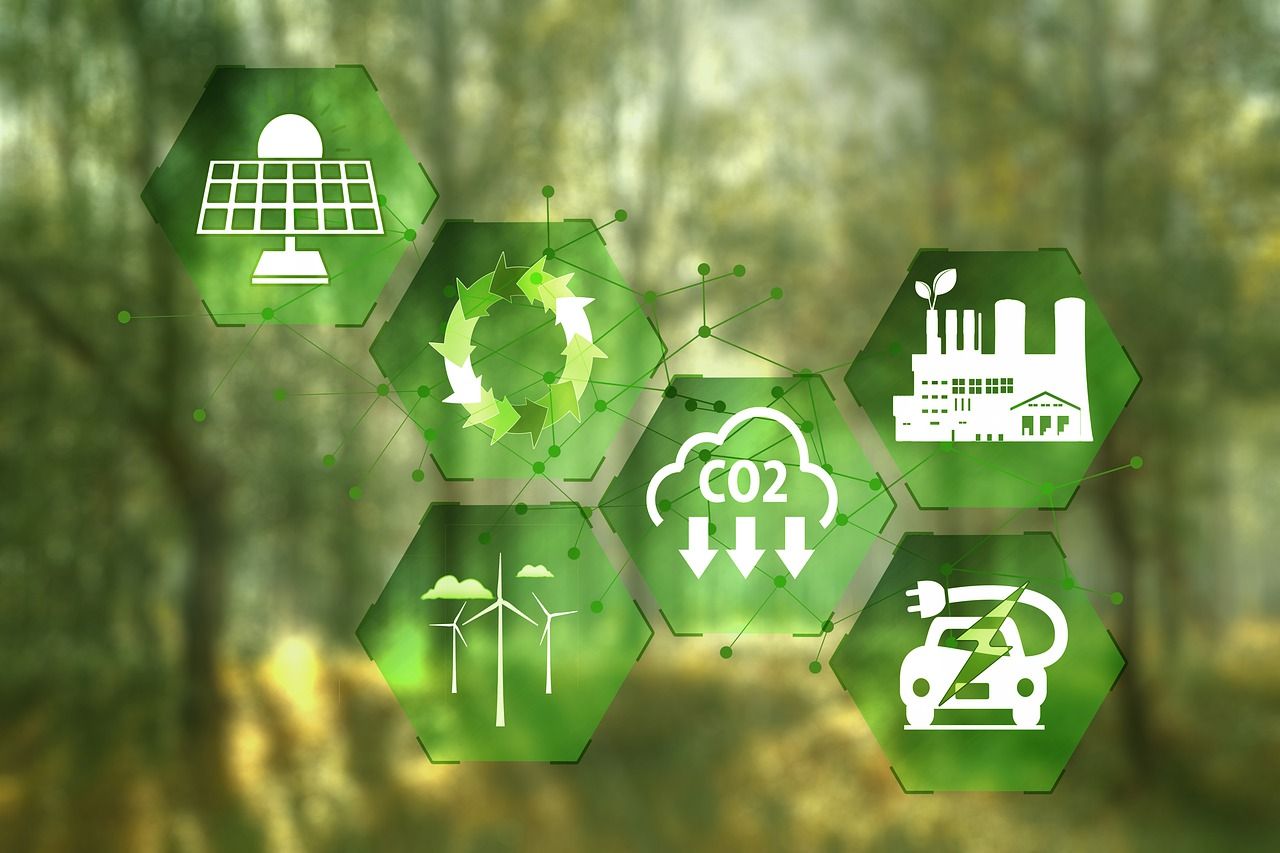7 Top IT Trends in 2023 You Must Know

Blog post by Esther Soyelu-Aro,
Published at June 28, 2023
The world is changing. It always has. However, the development of IT has made that change happen more rapidly than ever before. In IT, there seems to be no hiatus, as one innovation often leads to another, and one technology can open up a world of possibilities and lead to the invention of more technologies.
We have more access to information than any other generation, resulting in a significant rise in products, tools, services, and content that can make life easier, better, and more fun.
Why are trends so important?
For businesses, trends are important because they help businesses bring about new value propositions in their core markets. Ignoring trends could lead to missed profit opportunities and the chance to transform your industry. Analysing market trends helps you adapt and change your business, keeps you current and ahead of the industry, and helps you with continual growth. For individuals, trends aid the recognition of certain relevant skills to acquire in any chosen career.
Consequently, with the prolific nature of the tech industry, it may be difficult to keep track of so much information. So, maybe you’re just looking for career paths in IT or maybe you’re just curious about the next big thing that can improve your life. Either way, in this article, you will learn about 7 top IT trends you should know in 2023.
1. Artificial Intelligence
Artificial intelligence refers to the simulation of human intelligence by machines through the use of large datasets. AIs are typically built to perform the tasks that human beings would ordinarily do. AI has been around for years, but only in the last decade have we seen it embedded in our day-to-day lives with the invention of voice assistants like Siri, chatbots, biometrics, speech recognition, and even self-driving cars!

(Image by tungnguyen0905 on Pixabay)
In the last couple of months, it has become even more explosive with the launch of ChatGPT, a natural language processing tool that currently has over 100 million users. More people are starting to see the potential AI can have in problem-solving and the tremendous impact it can have on our lives. We now have AIs like Calendly that help you schedule meetings, AIs like Fotor that generate art, and AIs like Bard that can help you get that essay done faster. Artificial intelligence is definitely hot right now, and you should take advantage of this.

(Photo by Alex Knight on Unsplash)
2. Quantum Computing
While quantum computing is still under development and may take years to become mainstream, it is increasingly becoming a hot topic of discussion because of its potential to make far-reaching changes in computation, digitization, and, consequently, the world.
Here is a quote from McKinsey to explain how it works:
Classical computing, the technology that powers your laptop and smartphone, is built on bits. A bit is a unit of information that can store either a zero or a one. By contrast, quantum computing is built on quantum bits, or qubits, which can store zeros and ones. Qubits can represent any combination of both zero and one simultaneously — this is called a superposition.

(Image by Pete Linforth on Pixabay)
This means that computers would be able to solve some tasks a million times faster than the classical computing we have today. Think of the immense benefit. Quantum computing is predicted to be able to solve complex problems in healthcare, finance, cybersecurity, machine learning, and other sectors. It is certainly an interesting area of research.
3. 5G
It has been described as the backbone of future technological innovation. According to Intel, emerging 5G networks feature “lower latency, higher capacity, and increased bandwidth compared to 4G.” Although network operators are still improving their service, 5G has been promised to be 100 times faster than its predecessor, 4G.
Moreover, 5.9 billion people are estimated to have 5G subscriptions in 2027, according to Statista. 5G-enabled smartphones are also estimated to reach a 69% market share in 2023.

(Image by rawpixel.com on Freepik)
4. Augmented Reality and Virtual Reality
Augmented Reality and Virtual Reality are tech trends that are gradually becoming more prevalent in our society. While they haven’t hit the mainstream yet, they have become more popular in the last few years with the MetaVerse phenomenon and the development of more VR products. The global AR and VR market is also expected to reach $200.1 billion by 2030, according to PS market research.
AR and VR are similar but not quite the same. AR enhances the user’s real-world experience with the use of computer-generated elements such as visuals, sound, and other sensory information. AR is commonly used as a marketing tool for customers to see how certain products would look in their environment.

VR on the other hand, transports the user to a totally different environment, completely generated by a computer. The benefits of VR are explored in the training of doctors and aircraft pilots, and in entertainment applications like video games.

(Image by SHVETS PRODUCTION on Pexels)
AR and VR can also be used across multiple industries, such as healthcare, tourism, architecture, marketing, real estate, and many more. Do you know that, according to PwC, over 23 million jobs will depend on VR by 2030? If you were ever considering jumping into this niche, now’s the time to do so.
5. Blockchain
If you are familiar with cryptocurrency, then you should know about blockchain. A blockchain is a distributed database or ledger shared among a computer network’s nodes (source: Investopedia). Statistics have shown that there are over 85 million blockchain.com wallet users worldwide. Blockchains were initially developed for cryptocurrency, but they are not limited to its use only.

(Photo by Shubham Dhage on Unsplash)
Industries that rely on transactions are also leaning towards the adoption of blockchains because of their numerous advantages, the highlights of which are their heightened security, heightened transparency, and reduced costs. Other sectors that could significantly benefit from blockchain technology are decentralized finance and banking, healthcare, supply chain management, insurance, real estate, cybersecurity, etc. Furthermore, Gartner has projected that blockchain will appreciate in business value, reaching $176 billion by 2025 and $3.1 trillion by 2030. You can read more about blockchain here.
6. Internet of Things
Internet of Things (IoT) refers to the network of physical devices that are connected to the Internet and can communicate and exchange data with each other. IoT is relevant in building a digitalized system for handling work and enhancing operations across various industries like healthcare, manufacturing, and finance. Some benefits of IoT include reduced costs, improved operational efficiency, an improved customer experience, and remote accessibility. Statista has predicted that the number of IoT devices will almost triple from 9.7 billion in 2020 to more than 29 billion in 2030.

(Image by TheDigitalArtist on Pixabay)
7. Sustainable Technology
With the rise of innovation and factories, there is obviously a growing concern for the environment and the health of people living in it. Sustainable technology is a technology designed to specifically consider natural resources, minimize environmental risks, and create sustainable products that can be disposed of without causing pollution.

(Image by Skyoverse on Pixabay)
Examples of sustainable technology are electric transport, plastic recycling, solar power, LED lighting, and carbon capture and storage technologies. Sustainable technology is a trend I believe should never go out of fashion. It can be of immense benefit to the health of the earth and its living species.

There is no doubt that these current trends in IT open the doors for a lot of opportunities and possibilities. Perhaps this is more true if you have a career in tech or are running a business that can profit from the range of these emerging trends. Bear in mind that this list is not exhaustive. As I previously stated, trends change, and we can therefore expect new ones to emerge or even old ones to resurface in the near future. All that matters is that you are now better informed and can take advantage of this information to enhance your life and prepare for the future.
